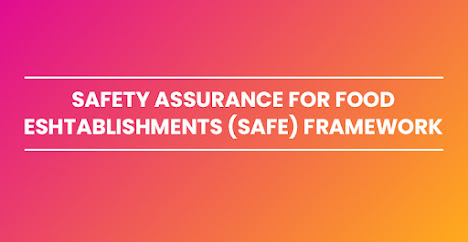Unlock the power of your mind with critical thinking skills
Critical thinking is an essential skill that involves examining, assessing, and integrating information to form logical sense and decisions. It is a key element of creative thinking and decision-making in a wide range of contexts, including academic, professional, and personal situations.
At its core, critical thinking involves the ability to ask questions, evaluate authentication, and contemplate different perspectives to reach a well-proof conclusion. It requires individuals to be open-minded, reflective, and able to challenge assumptions and biases.
There are several key components of critical thinking that individuals can develop and refine over time:
Analysis: This involves breaking down complex facts into smaller parts and examining each part in detail to gain a deeper understanding of the whole.
Evaluation: This involves assessing the quality and pertinence of information and evidence to determine their credibility and usefulness. It requires individuals to consider the source, context, and potential biases of information and arguments.
Synthesis: This involves combining information and ideas to create a new understanding. This may involve integrating different perspectives, generating new ideas, or finding creative solutions to problems.
Reflection: This involves thinking critically about one's own thinking and decision-making processes. It requires individuals to identify their own biases and assumptions and to reflect on the strengths and weaknesses of their reasoning.
Developing strong critical thinking skills takes time and practice, but it is a valuable investment in one's personal and professional development. By cultivating these skills, individuals can become more effective creative thinker, decision-makers, and communicators, and can approach complex issues with greater confidence and clarity.
If you're interested in critical thinking skills, enrol in Eduquest’s 2-day course on “Empowering Self with Critical Thinking Skills”. This program sounds like a great opportunity for learners to enhance their critical thinking skills and apply them to real workplace situations. By learning to connect ideas and information and challenge current assumptions or ways of working, learners will be better equipped to propose and test innovative ideas and solutions.
The program objectives are clear and measurable, which is a good start. Here's a brief summary of what learners will be able to do by the end of the program:
Identify and explain techniques used in the creative thinking process: Learners will learn about various techniques and tools that can help them generate and develop creative ideas.
Apply process analysis techniques to analyze current work processes and identify potential improvements: Learners will learn how to analyze current work processes and identify areas for improvement.
Use information collection tools to gather information: Learners will learn how to gather and organize information using various tools and techniques.
Apply creative thinking skills and techniques to resolve issues: Learners will learn how to use creative thinking to solve problems and come up with innovative solutions.
Apply experimental techniques to test ideas, improvements, and/or new solutions: Learners will learn how to test and experiment with their ideas and solutions to see how effective they are.
Monitor implementation and apply impact measurement techniques to collect information and measure the effectiveness of ideas or solutions: Learners will learn how to monitor the implementation of their ideas and solutions and measure their impact.
Overall, this program has a strong focus on practical application and real-world creative thinking, which should make it highly relevant and engaging for learners.
Visit for more information: https://www.eduquest.sg/courses/course/empowering-self-with-critical-thinking-skills



Comments
Post a Comment